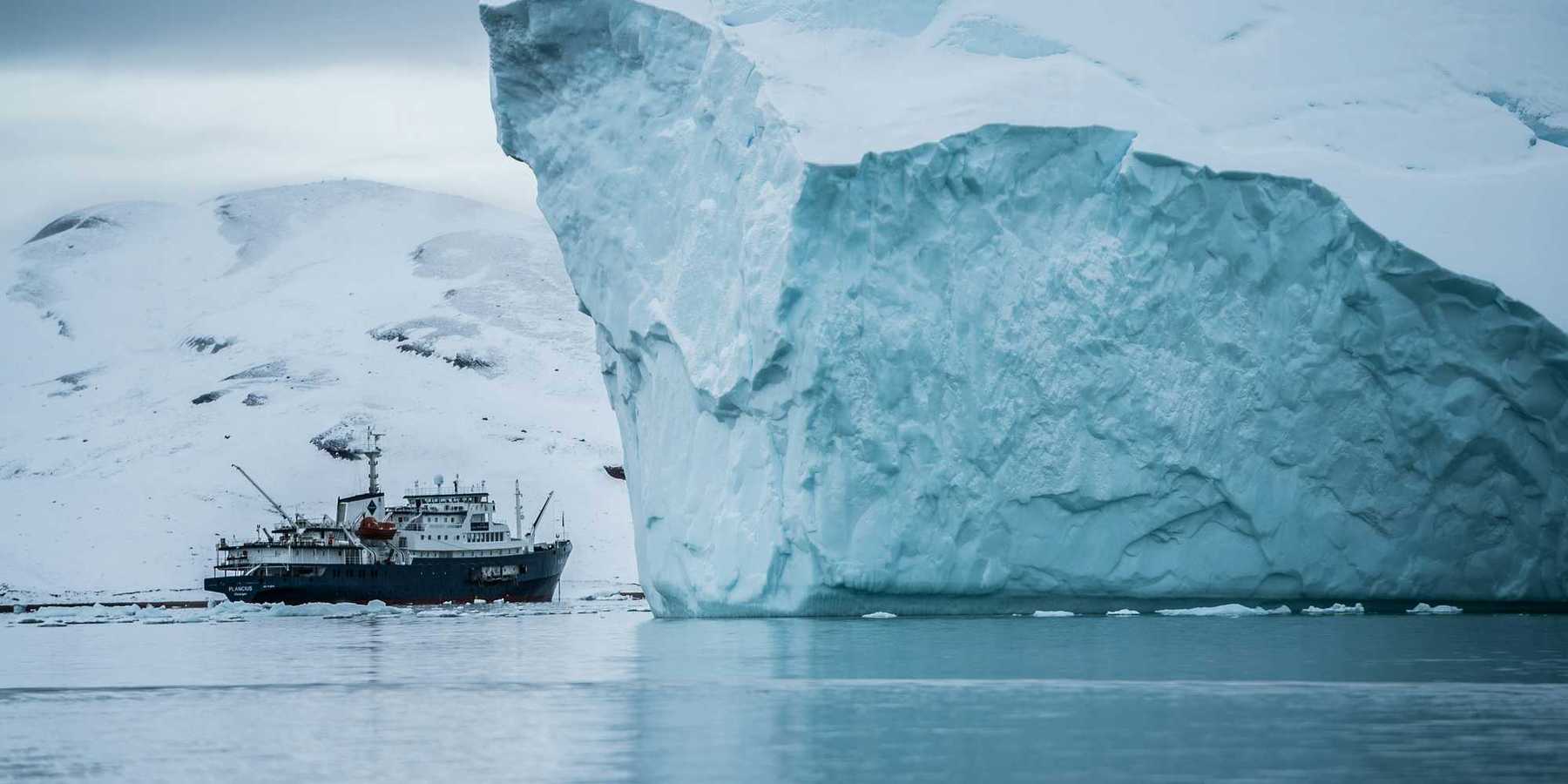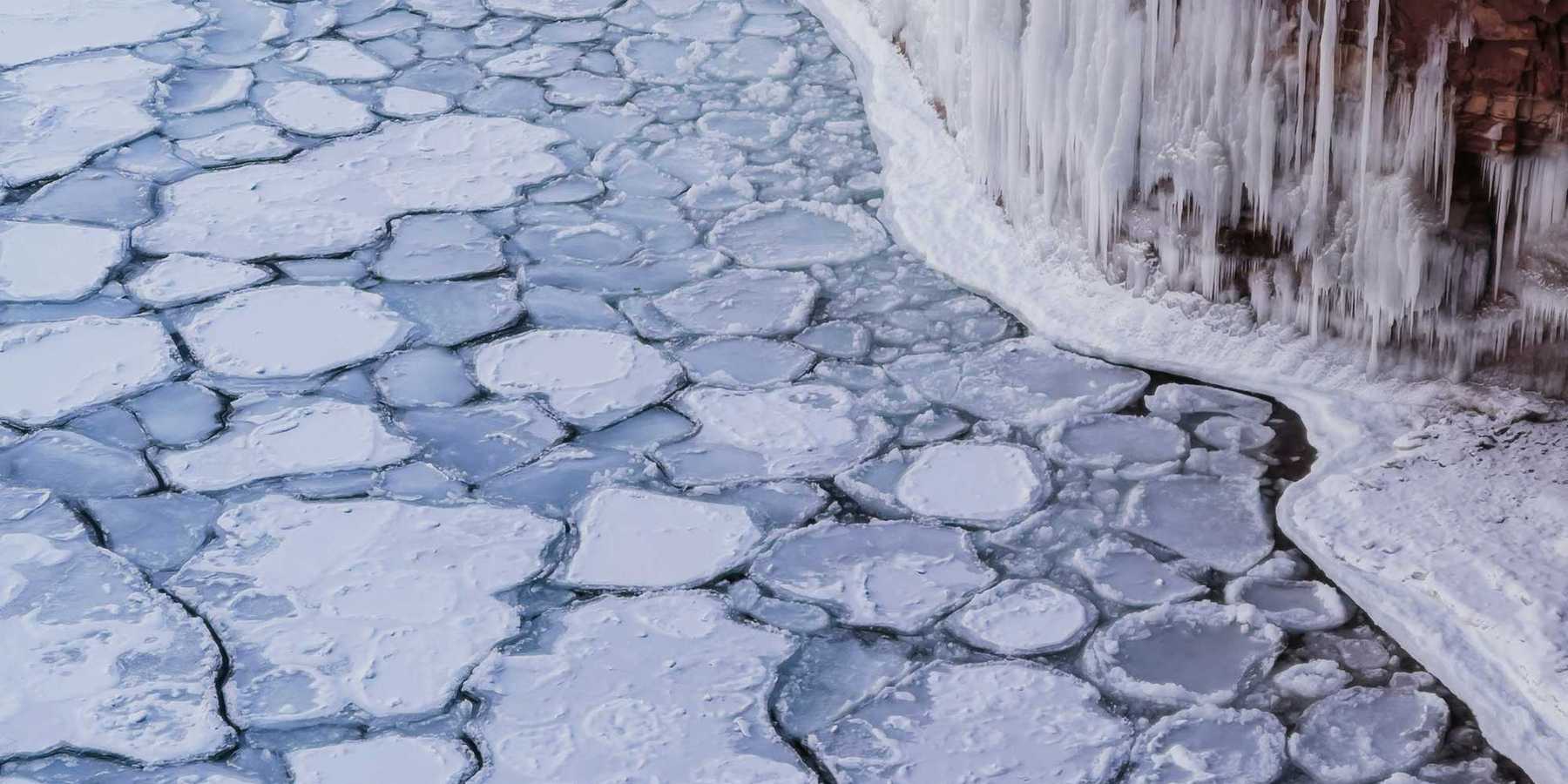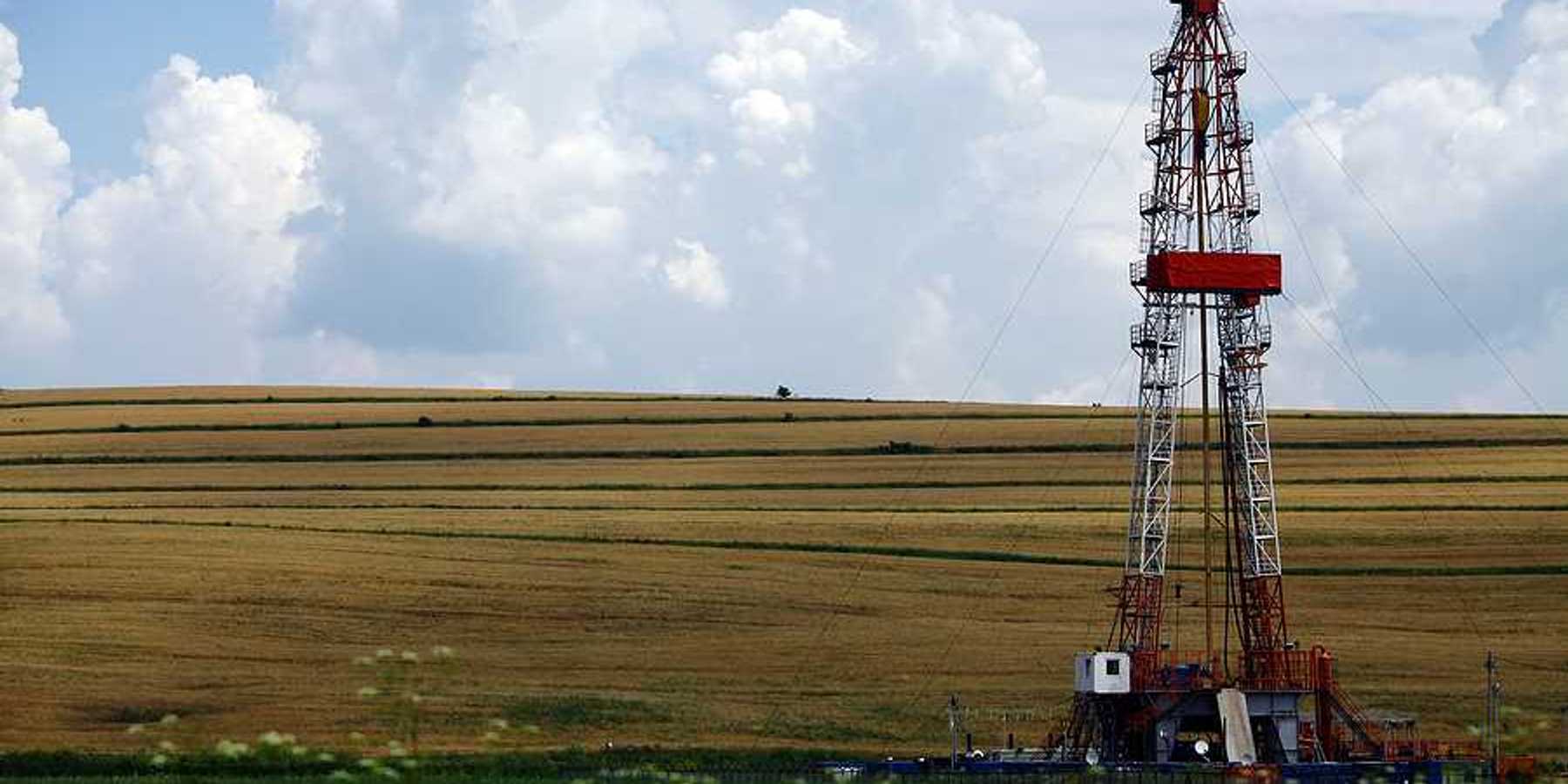Peter Dykstra: The journalism trophy hunt
Will environmental journalism’s historically strong showing in the Pulitzer Prizes continue?
For the eight years of the Reagan Administration, Donaldson’s booming baritone bellowed out questions to a sometimes-befuddled president. He would host a new weekly show in prime time, which some in Washington DC’s rarified media air took to be a humiliating demotion. Donaldson assured an interviewer his career was alive and well. “'I'm walking away, kid,” he said. “No one's carrying me out or shifting me to the ecology beat.''
How “the ecology beat” came to occupy the lowest rung of Mr. Donaldson’s reporting caste system is a story for another time. Sadly, many agreed with him.
But let’s focus on one institution that doesn’t: The Pulitzer Prize selection board.
The performance of environment-themed entries in the annual contest is astounding. In investigative series, breaking news coverage, book-length storytelling, natural and manmade disaster coverage, commentary and photography, there was at least one environment-themed winner in every year from 2003 to 2016.
They include heroic breaking news efforts in the wakes of wildfires, a lethal landslide, and Hurricane Katrina; a sweeping survey of the mounting problems in the world’s oceans; a small-town newspaper’s sleuthing into real estate mischief over fracking; and a nonprofit startup’s relentless pursuit of dangers in oil pipelines.
Three purely environment-themed books have carried the nonfiction category in the last decade. Toms River: A Story of Science and Salvation won in 2014. Author Dan Fagin combines the history of some toxic chemicals with their impact on a Jersey Shore town. The next year, Elizabeth Kolbert won for The Sixth Extinction: An Unnatural History.
Eliza Griswold’s Amity and Prosperity: One Family and the Fracturing of America followed the ordeal of a family deeply impacted when frackers swarmed the Appalachian countryside. It won for nonfiction in 2019.
Back to the 90s
Books by Jared Diamond, John McPhee, and Jonathan Weiner won in the nonfiction category. McPhee’s Annals of the Former World was a 20-year, 700-page project that endeavored to tell the history of rocks. No movie deal followed, not even with Duane “The Rock” Johnson.
The 20th Century also closed out with some blockbusters: The Raleigh News & Observer captured a 1996 Prize for a sprawling look at industrial hog farms’ pollution of air, water, and politics.
The Pulitzers also honor musical works, and yes, Become Ocean by John Luther Adams topped the charts in 2014. The Pulitzer Board said it is “a haunting orchestral work that suggests a relentless tidal surge, evoking thoughts of melting polar ice and rising sea levels.”
I can’t say I’ve ever listened to Become Ocean. But if it’s as Pulitzer-worthy as these other winners, I’ll bet you can dance to it.
The 2021 Pulitzers yielded no environmental winners.
The 2022 Pulitzer Prize winners will be announced May 9. Let’s hope the ecology beat shows well once again. And what have you done lately, Sam Donaldson?
Environment-themed Pulitzer winners going back to 2003.
2020: Explanatory Reporting
Staff of The Washington Post: For a groundbreaking series that showed with scientific clarity the dire effects of extreme temperatures on the planet.
2019: General Nonfiction
Amity and Prosperity: One Family and the Fracturing of America, by Eliza Griswold (Farrar, Straus and Giroux): A classic American story, grippingly told, of an Appalachian family struggling to retain its middle class status in the shadow of destruction wreaked by corporate fracking.
2016: Public Service
Associated Press: For an investigation of severe labor abuses tied to the supply of seafood to American supermarkets and restaurants, reporting that freed 2,000 slaves, brought perpetrators to justice and inspired reforms.
2016: Feature Writing
Kathryn Schulz of The New Yorker: For an elegant scientific narrative of the rupturing of the Cascadia fault line, a masterwork of environmental reporting and writing.
2015: Breaking News Reporting
The Seattle Times staff: For its digital account of a landslide that killed 43 people and the impressive follow-up reporting that explored whether the calamity could have been avoided.
2015: Feature Writing
Diana Marcum of Los Angeles Times: For her dispatches from California's Central Valley offering nuanced portraits of lives affected by the state's drought, bringing an original and empathic perspective to the story.
2015: General Nonfiction
The Sixth Extinction: An Unnatural History, by Elizabeth Kolbert (Henry Holt): An exploration of nature that forces readers to consider the threat posed by human behavior to a world of astonishing diversity.
2014: Investigative Reporting
Chris Hamby of The Center for Public Integrity, Washington, DC: For his reports on how some lawyers and doctors rigged a system to deny benefits to coal miners stricken with black lung disease, resulting in remedial legislative efforts.
2014: General Nonfiction
Toms River: A Story of Science and Salvation, by Dan Fagin (Bantam Books): A book that deftly combines investigative reporting and historical research to probe a New Jersey seashore town's cluster of childhood cancers linked to water and air pollution.
2013: National Reporting
Lisa Song, Elizabeth McGowan and David Hasemyer of InsideClimate News, Brooklyn, NY: For their rigorous reports on flawed regulation of the nation's oil pipelines, focusing on potential ecological dangers posed by diluted bitumen (or "dilbit"), a controversial form of oil.
2013: Feature Writing
John Branch of The New York Times: For his evocative narrative about skiers killed in an avalanche and the science that explains such disasters, a project enhanced by its deft integration of multimedia elements.
2013: Editorial Writing
Tim Nickens and Daniel Ruth of Tampa Bay Times: For their diligent campaign that helped reverse a decision to end fluoridation of the water supply for the 700,000 residents of the newspaper's home county.
2012: Breaking News Reporting
Staff of The Tuscaloosa News: For its enterprising coverage of a deadly tornado, using social media as well as traditional reporting to provide real-time updates, help locate missing people and produce in-depth print accounts even after power disruption forced the paper to publish at another plant 50 miles away.
2011: Feature Writing
Amy Ellis Nutt of The Star-Ledger, Newark, NJ: For her deeply probing story of the mysterious sinking of a commercial fishing boat in the Atlantic Ocean that drowned six men.
2011: Breaking News Photography
Carol Guzy, Nikki Kahn and Ricky Carioti of The Washington Post: For their up-close portrait of grief and desperation after a catastrophic earthquake struck Haiti.
2010: Public Service
Bristol (VA) Herald Courier: For the work of Daniel Gilbert in illuminating the murky mismanagement of natural-gas royalties owed to thousands of land owners in southwest Virginia, spurring remedial action by state lawmakers.
2009: Explanatory Reporting
Bettina Boxall and Julie Cart of Los Angeles Times: For their fresh and painstaking exploration into the cost and effectiveness of attempts to combat the growing menace of wildfires across the western United States.
2008: Investigative reporting
Walt Bogdanich and Jake Hooker of The New York Times: For their stories on toxic ingredients in medicine and other everyday products imported from China, leading to crackdowns by American and Chinese officials.
2007: Explanatory Reporting
Kenneth R. Weiss, Usha Lee McFarling, and Rick Loomis of Los Angeles Times: For their richly portrayed reports on the world's distressed oceans, telling the story in print and online, and stirring reaction among readers and officials.
2007: Editorial Writing
Arthur Browne, Beverly Weintraub and Heidi Evans of New York Daily News: For their compassionate and compelling editorials on behalf of Ground Zero workers whose health problems were neglected by the city and the nation.
2006: Public Service
Sun Herald, Biloxi-Gulfport: For its valorous and comprehensive coverage of Hurricane Katrina, providing a lifeline for devastated readers, in print and online, during their time of greatest need.
2006: Public Service
The Times-Picayune, New Orleans: For its heroic, multi-faceted coverage of Hurricane Katrina and its aftermath, making exceptional use of the newspaper's resources to serve an inundated city even after evacuation of the newspaper plant.
2006: Breaking News Reporting
Staff of The Times-Picayune, New Orleans: For its courageous and aggressive coverage of Hurricane Katrina, overcoming desperate conditions facing the city and the newspaper.
2005: Feature Writing
Julia Keller of Chicago Tribune: For her gripping, meticulously reconstructed account of a deadly 10-second tornado that ripped through Utica, Illinois.
2005: Editorial Writing
Tom Philp of The Sacramento Bee: For his deeply researched editorials on reclaiming California's flooded Hetch Hetchy Valley that stirred action.
2004: Breaking News Reporting
Staff of Los Angeles Times: For its compelling and comprehensive coverage of the massive wildfires that imperiled a populated region of southern California.
2003: Breaking News Photography
Photography Staff of Rocky Mountain News: For its powerful, imaginative coverage of Colorado's raging forest fires.
Peter Dykstra is our weekend editor and columnist and can be reached at pdykstra@ehn.org or @pdykstra.
His views do not necessarily represent those of Environmental Health News, The Daily Climate, or publisher Environmental Health Sciences.
Banner photo: Obverse and reverse sides of the gold Pulitzer Prize for Public Service medal, which also serves as a symbol of the Pulitzer Prizes in general. (Credit: Public domain)













